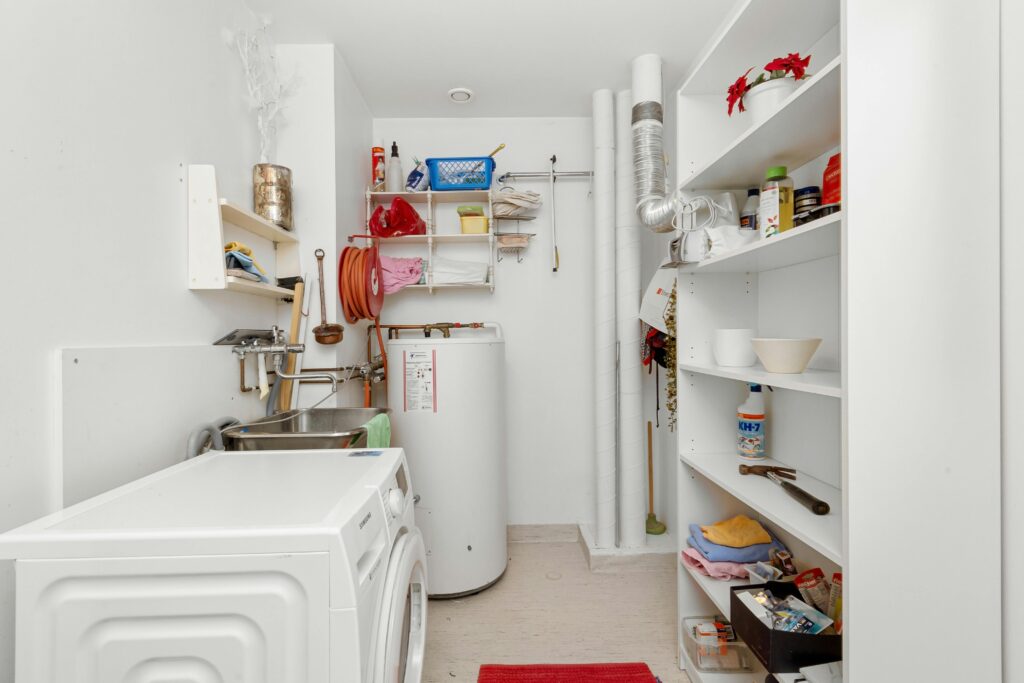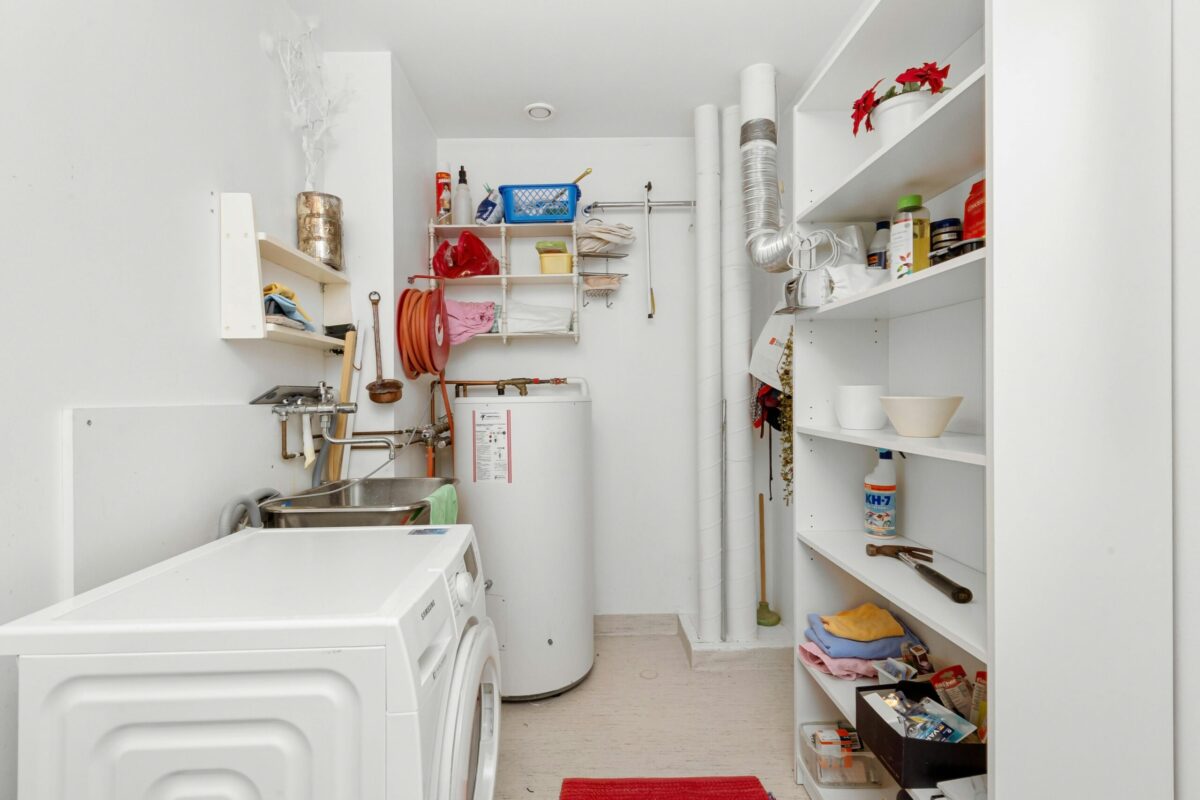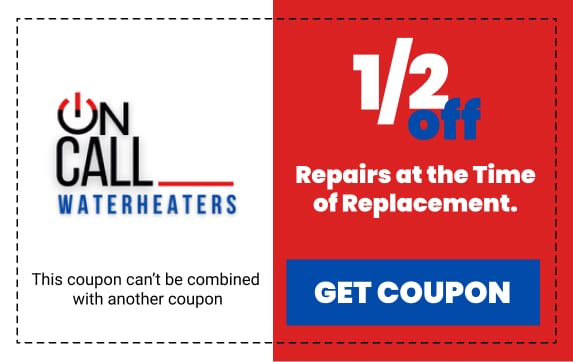Your water heater is one of those appliances you rarely think about – until it stops working. If you’ve ever stepped into an unexpectedly cold shower or noticed rusty water coming out of the tap, you know the pain. So, how long does a water heater typically last? And how do you know when it’s time for a replacement instead of another repair?
On Call Water Heaters has the info you need.
How Long Do Water Heaters Usually Last?
On average, a traditional tank water heater will last between 8 to 12 years. Tankless water heaters tend to hold up longer, often lasting 15 to 20 years with regular maintenance. Still, even a high-quality unit won’t last forever.
If your water heater is over 10 years old, it’s probably a good idea to keep an eye out for signs that a replacement could be coming soon
7 Signs You May Need a Water Heater Replacement
- Hot Water Runs Out Too Quickly
If your hot water used to last through showers, dishes, and laundry but now disappears fast, your water heater might not be heating or holding water efficiently anymore. That could be a sign it’s on its last leg. - Discolored or Rusty Water
Brown or rusty water—especially when running hot—can mean corrosion is forming inside the tank. That’s often a one-way street toward leaks or full failure, and usually means it’s time to plan for a replacement. - Unusual Noises from the Tank
Rumbling or banging sounds from your water heater typically come from sediment build-up. This makes the system work harder and wear out faster. If the noise sticks around even after a flush, a replacement may be necessary. - Leaking or Moisture Around the Base
Even a small leak around the bottom of your water heater can lead to major water damage. Leaks often mean internal parts of the tank are cracked or failing, and at that point, repairing isn’t usually worth it. - Higher Utility Bills
Older water heaters tend to use more energy as they decline in efficiency. If your energy bills are creeping up without any obvious reason, your water heater could be the cause—and a newer, more efficient model might be a smart investment. - Frequent Repairs
If you’re calling in repairs more than once a year, those service calls add up quickly. Rather than continuing to patch an old system, a full water heater replacement could save money over time. - The Unit Is Over 10 Years Old
Even if it’s working okay right now, once your water heater hits that 10- to 12-year mark, failure becomes more likely. Replacing it before it breaks completely helps you avoid the hassle of an emergency situation.
Don’t Wait for a Total Breakdown
It’s easy to overlook small issues with your water heater, especially if the hot water is still (mostly) working. But these warning signs often build up quietly until the system fails completely – usually when you least expect it. A leaking tank, a sudden loss of hot water, or even flooding are all risks when an aging unit finally gives out. Waiting too long can turn a simple replacement into an expensive emergency involving water damage, last-minute installation fees, and days without hot water.
Being proactive doesn’t just save you stress – it can also help you plan a potential upgrade to a tankless water heater. Upgrading to a more efficient model can lower your energy bills and reduce environmental impact. The U.S. Department of Energy offers a helpful breakdown of different water heater types and what to consider when choosing a replacement.”
So, When Is It Time to Replace Your Water Heater?
If you’re seeing any of the signs above, it may be time to start planning for a water heater replacement. Upgrading to a newer model can improve efficiency, reduce energy bills, and give you peace of mind.
Check out these essential repair tips to prolong the life of your water heater! If you have any questions, the professionals at On Call Water Heaters are always here for your water heater needs.
We offer fast, reliable water heater replacement services with no hidden fees and honest recommendations. Whether you need help choosing the right unit or you’re ready to install today, we’re here to help!
Contact us now to schedule an inspection or get a free quote.
























